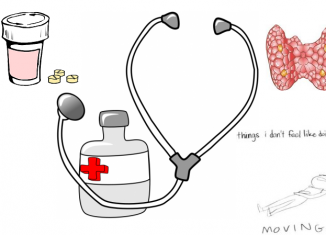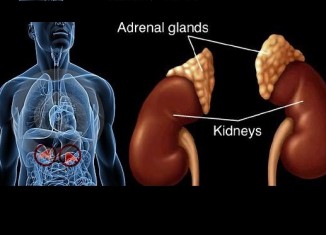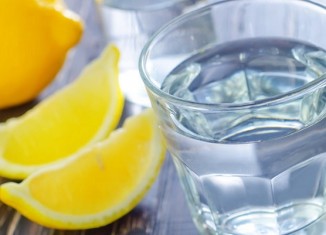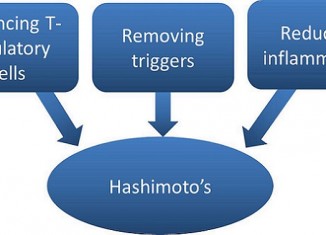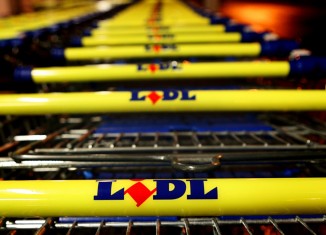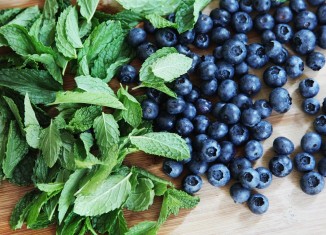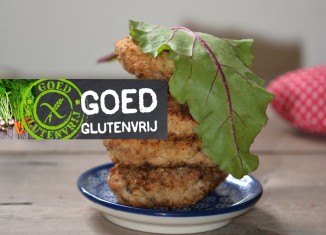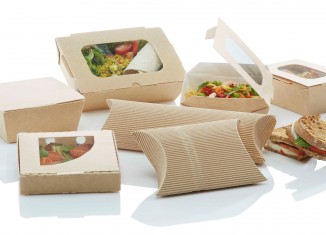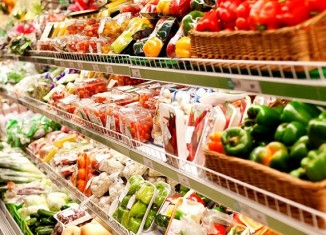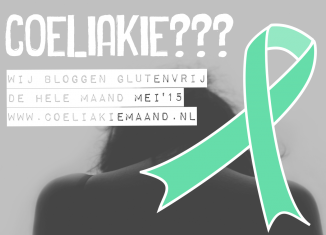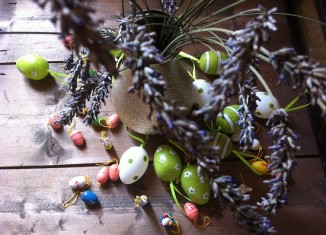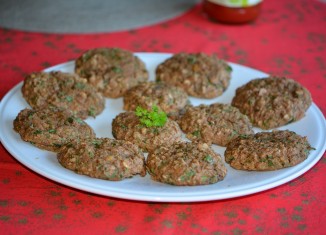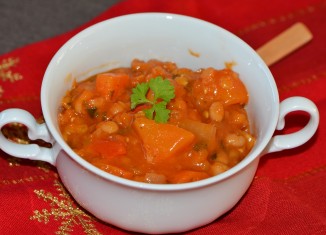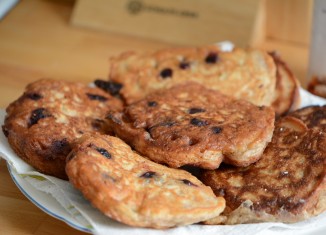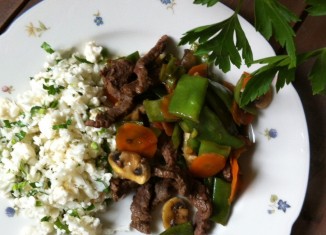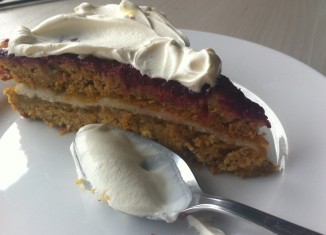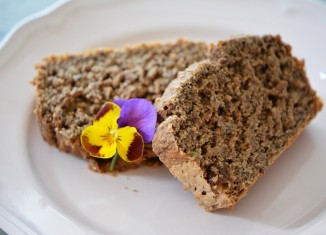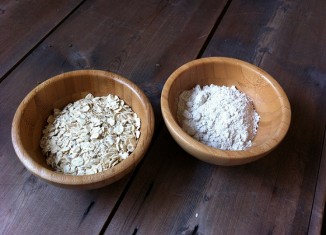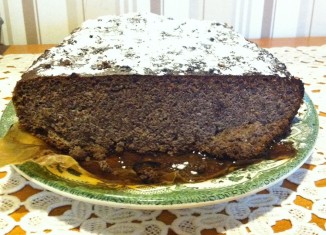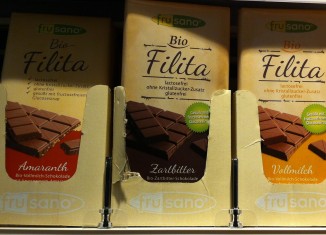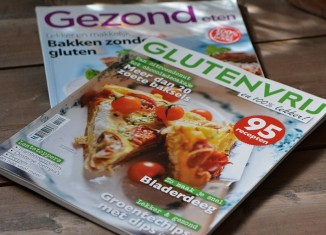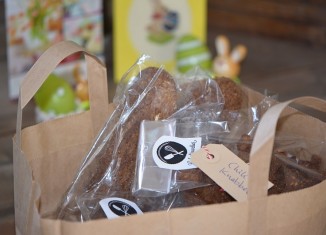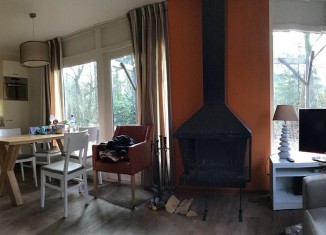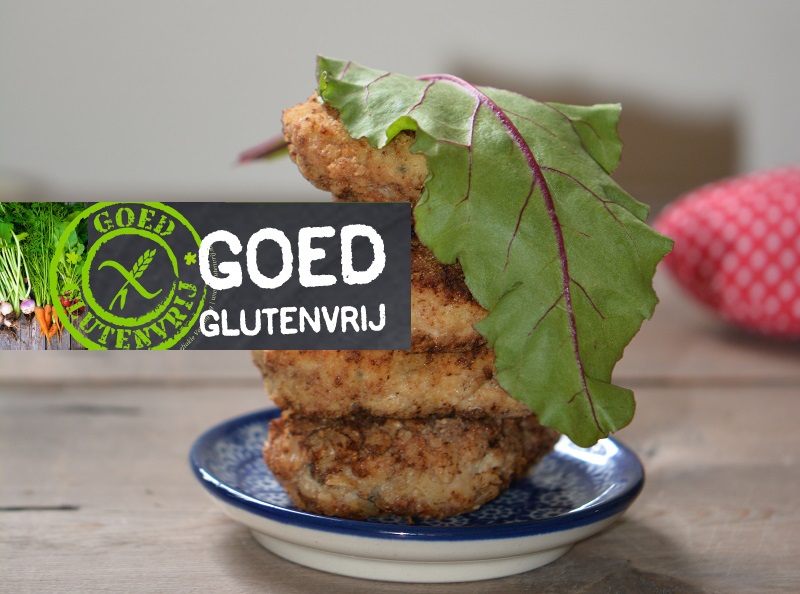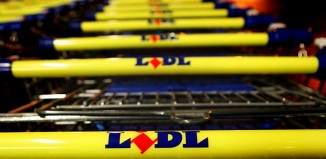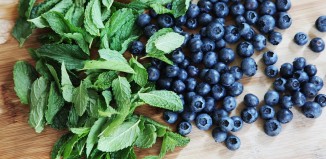How did you learn what the gluten free diet really stands for? I didn’t get any guidelines from my doctor and the visit with a dietitian was scheduled 3 months after my diagnosis.
When I first heard that I can’t eat any gluten I stopped eating products that were containing it. That went well with the knowledge I researched myself. But in the beginning I didn’t know that the diet had to be so strict that even gluten contamination is a deal breaker for a Celiac patient like me.
Have you seen or heard the guidelines for a gluten free diet from the Dutch Coeliac Association (NCV) yet? There is so many information on the internet that one might feel lost from time to time. I paged the presentations which were shown during the Dutch Coeliac Disease Day on 18th April 2015 in Vianen and collected all the guidelines below.
Healthy gluten free lifestyle
- Healthy food
- Sports and other physical activities
- Enough sleep
- Relax
- Joy/Fun/Motivation
Good Gluten Free -NCV Guidelines
– Strict gluten free food without traces of gluten
– Mostly homemade meals prepared from whole (unprocessed) foods (cook from scratch)
– Each meal should consist of healthy protein, fats and carbohydrates
– To avoid processed food (not all products with a gluten free logo contribute to your health)
– Variety of preparation techniques (steaming, baking, boiling, frying, grill, raw food)
– Variety of food products (as long as they are gluten free and unprocessed)
– Not to eat the same food every day (even the healthiest food eaten in excess can have negative influence)
– Not to consume gluten consciously (it can set you back for even 6 months and you need to heal the intestinal villi all over again)
– Not to eat products produced in the same facility as conventional food
– A lot of food rich in dietary fiber
– Enough of products rich in essential vitamins and minerals (preparation techniques are crucial)
– A lot of vegetables (preferably with each meal)
– Two fruits per day
– Three big meals with fruits or/and vegetables per day and 2-3 small snacks
– A lot of water and herbal tea
– Chewing thoroughly
– Processed sweets and snacks only occasionally (not every day)
– Careful with sugar, fat and salt
– To use salt with iodine (e.g. yozo, bakers salt)
– To consume healthy fats like olive oil, fat fish, avocado, nuts and seeds
– To consume enough of vitamin D (supplement, sun exposure), Calcium, Magnesium, Iron and folic acid (vitamin B9)
It is possible to email a dietitians that work together with NCV for an advice. An email address you need is: dietist@glutenvrij.nl.
Source: www.glutenvrij.nl/
Cheers,
Kati xxx

